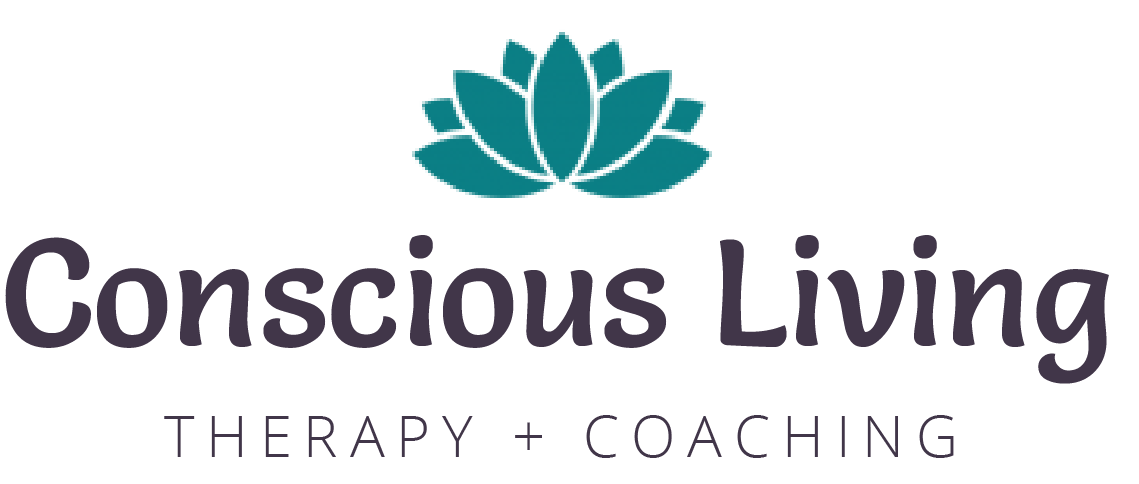Conscious Connections
Exploring your emotional needs through the mind-body connection
Neediness is part of being human. We are born into this world desperately needy, and while we may become more independent as we age, we never outgrow our fundamental needs – physical and emotional. Throughout the course of our human experience, our mind is constantly sending us information about these needs, alerting us through physical cues. Our bodies deliver the signals, notifying us when we need food, water, a friend to laugh with, someone to hug, or even somewhere safe to run away.
What are we doing with these cues?
When we are hungry, we respond to the physical signals and seek food, but we often ignore or suppress signals of emotional need. Why? Why is it easy to stretch our tired muscles after a long day or drink some water when we’re thirsty but harder to meaningfully connect with others when we’re feeling lonely or vulnerable.
Emotional needs may be more complex than physical needs, but emotional needs are just as important and valid. Our emotional needs deserve our attention, so… let’s give it! Let’s explore how to understand and nurture our emotional needs through the mind-body connection.
Healthy striving vs perfectionism – 5 Ways to let go of the pressure of perfection
The human spirit never ceases to amaze me. From the moment we are born, and our tiny lungs fill with our first breath of air, we are on the move. We reach out, curiously grasping at everything within reach, and as soon as we possibly can, we’re crawling. Walking. Then running.
And we don’t stop.
The seasons of life may shift and parts of who we are change, but the dreaming, hoping, and striving for the best of everything life has to offer remains constant. Whether it’s a relationship, promotion, lifestyle, or personal goal – we can become obsessed with everything we want to accomplish.
We want it all. All the peace. All the healing. All the financial security, beauty, and fun. And a tidy, flawlessly decorated home... And six-pack abs. (Because, why not?)
While chasing down our highest potential can be a positive thing, there is a breaking point.
Perfectionism is like a never-ending marathon where the finish line keeps getting pushed back. Behind every accomplishment is a newer, bigger, and ‘better’ goal. Yet for all the striving, the idealized future version of us with the immaculately curated life never fully materializes. Elusive and flawless, the dream of perfection keeps us exhausted and running.
In this latest blog, we do a deep dive into perfectionism… what it is, why we crave it, and the hidden cost of perfectionism. We’ll explore the difference between a high achiever and a perfectionist and close with five ways to pursue excellence without burning out.
Why?
When did the pursuit of self-improvement turn into an all-out mad dash toward perfection? When did we stop being content with good enough and make flawless the only acceptable standard?
Asking for help: When to ask, how to ask, and why asking for help can be so hard
The healing journey can feel very lonely sometimes, in part because personal growth requires inner work and significant soul searching. It is normal to experience a sense of isolation when the healing process draws your focus inward, but the healing process cannot be completed in isolation. Safe, authentic, relational connection is necessary for true healing and post-traumatic growth.
If you are experiencing an alone time, asking for help may seem counterintuitive. After all, who are you supposed to turn to? And how? And when? In this article, we’re going to make ‘asking for help’ a little less intimidating by going over what asking for help really means. We will explore when to ask for help, how to ask for help, and work through some of the top reasons why asking for help is so hard.


